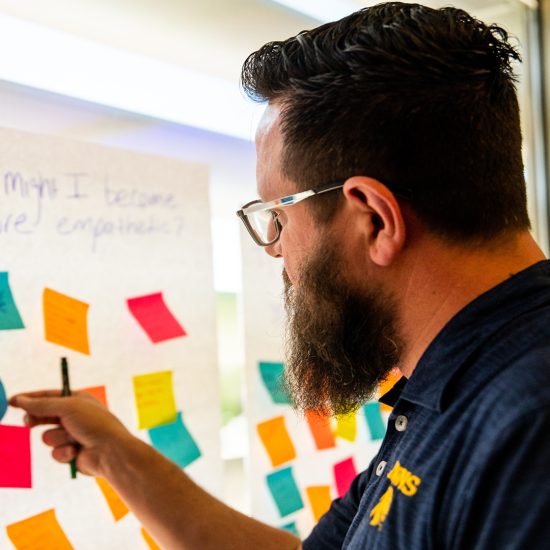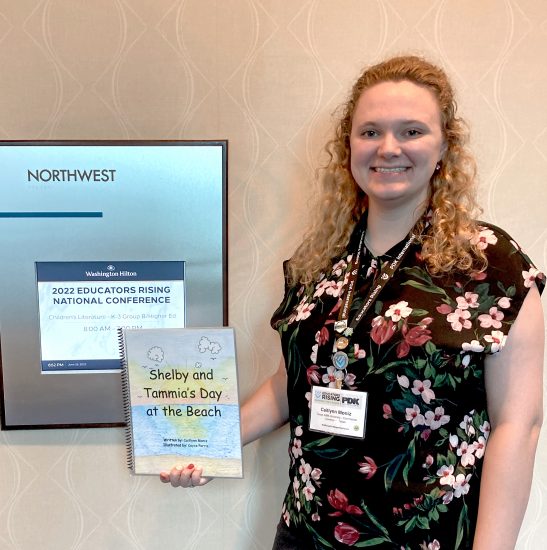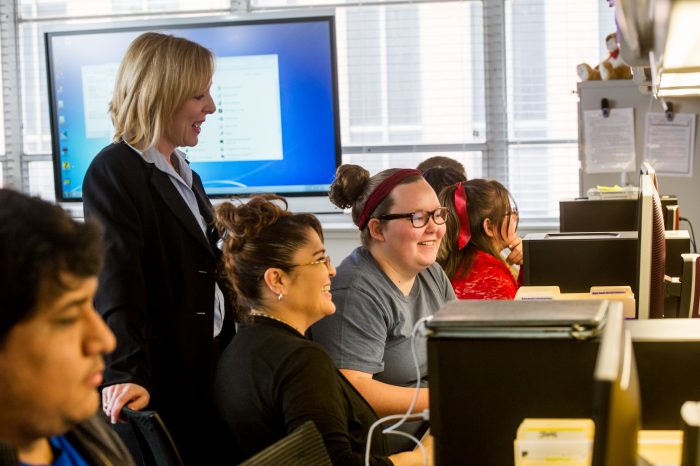Super Bowl 2025: How Fandom Boosts Mental Health, According to Psychology Research
Dr. Stephen Reysen shares his insights into the psychology of the millions of fans who will watch Super Bowl 2025.
The thrill of Super Bowl 2025 is set to unite NFL fans worldwide, bringing excitement and camaraderie on Sunday, February 9.
Whether rooting for the Kansas City Chiefs or the Philadelphia Eagles, fandom has mental health benefits, according to Dr. Stephen Reysen, associate professor of psychology at East Texas A&M University.
Reysen's interest in social psychology led him to research the psychology of fans and fandom—the collection of fans dedicated to various sports, celebrities, pop culture franchises, and more.

“Being part of a group, surrounded by other fans, is positive for your well-being,” Reysen said. He cites a 2008 study by Wann et al. of sports fans attending a game versus watching a game at home.
“When they attended the game, they showed higher well-being,” he said. “We see the same results with non-sport fans at conventions.”
Several fandoms interested in Super Bowl 2025
Dedicated Chiefs fans have supported their team through thick and thin since Lamar Hunt brought his former Dallas Texans to town in 1963. Their loyalty has paid off with the Chiefs' dominance since the arrival of quarterback Patrick Mahomes in 2018.
Eagles fans are also passionate about their team. They're renowned for making the Eagles' home turf an extremely difficult environment for visiting teams. Yet, these highly identified fans feel so connected to the team that they will turn on players and coaches who they deem ineffective.
Along for the ride are three unlikely fandoms: Fans of the Dallas Cowboys, Las Vegas Raiders (formerly of Oakland) and Taylor Swift.
Cowboys fans will root for almost anyone over their bitter division rivals, the Eagles. Likewise, Raiders fans live and breathe to hate on the Chiefs; their rivalry is among the league's most legendary. Swift's fans, known as Swifties, have flocked to the NFL in droves since Swift began dating popular Chiefs tight end Travis Kelce.
Reysen says it's unsurprising that people in these fandoms are so enthusiastic.
“A favorite team is connected to your identity,” Reysen said. “When you talk about yourself to others, you’ll probably mention that you are a fan of that team or wear clothes related to that team, signaling that you are a fan. For highly identified fans, that team is you, and you are that team. If they win, you win; if they lose, you lose.”
Psychology of Super Bowl Fandom
Reysen recently shared his thoughts on the psychology of fans vested in this Sunday’s Super Bowl 2025 matchup.
Chris Gage: How does watching the Super Bowl among like-minded fans affect someone's well-being?
Stephen Reysen: Humans are social creatures. We want to belong. Isolation, as the U.S. Surgeon General highlighted, is a growing problem. There is also the movement toward individualism worldwide, but that's getting off-topic. Watching the Super Bowl with friends and others is good for your well-being. We see this across all indicators of well-being. Overall, being around or spending time with others is good for you.
CG: How do highly identified fans react to wins and losses compared to casual fans?
SR: Highly identified fans react with highly emotional responses as if they are part of the team. They feel wins and losses deeply. Casual fans can benefit from a win and yet brush it off if the team loses.
CG: Why is the Super Bowl so emotionally engaging, even for casual fans?
SR: My guess is that the Super Bowl represents the biggest possible win. Imagine you play on a sports team. You want your team to win the biggest prize, whether it's a state championship, Olympic gold or Super Bowl 2025.
CG: Can you explain the concepts of “basking in reflected glory” and “reflected failure” in relation to Super Bowl fans?
SR: Basking in reflected glory is when people connect themselves to positive things. For example, researchers found that college students were more likely to wear the college's symbol on the Monday after the school's football team won (vs. a loss). According to the 1976 study by Cialdini et al., students connected themselves to the winning team’s identity. Conversely, according to a footnote in that paper, there was a trend where people distanced themselves from the team after a loss. That turned into the concept of cutting off, known as reflected failure.
Lower-identified fans will distance themselves from losing teams. Highly identified fans are diehard and stick with the team no matter what, e.g., Chicago Cubs fans before winning the World Series. Basically, it's an ego boost to connect to positive things.
CG: Do sports fans get the same well-being boost as fans of other groups, such as those who attend conventions and other events?
SR: Yes, I have yet to see any study or data showing that fans don’t get a well-being boost from being around other like-minded fans. We also find that after a fan event, fans show decreased mood, colloquially termed post-con depression. It is just another indication of the boost given during the in-person event. There isn't really a difference between sports fans and fans of other interests.
CG: Are there universal aspects of fandom that explain the appeal of events like the Super Bowl?
SR: Yes, identity processes play out for all fans. Regarding fanship and fandom identity processes, there are no differences between a sports fan and a non-sports fan. The only differences are the norms associated with those groups. What it means to be an anime fan differs from what it means to be a sports fan. But the underlying psychology is the same.
CG: How can fans maximize the well-being benefits of their fandom experience, especially during big events like Super Bowl 2025 or conventions?
SR: Make plans to watch the event with other fans, whether at a home-based watch party or in a public establishment. In-person interactions are the best predictor of fans’ well-being.
A sense of identity and belonging
Even if your team isn't playing this Sunday, hosting or joining a Super Bowl 2025 watch party is a surefire way to boost your well-being. The social connection, collective excitement, and emotional investment in a community will foster a strong sense of identity and belonging that reinforces the universal psychological benefits of sports, music and pop culture fandom.
Feature image at top: Adobe Stock | Rawpixel.com
More Psychology and Special Education
View All Psychology and Special Education
A&M-Commerce Professional Development Series Helps Employees Grow, Thrive
This spring, Texas A&M University-Commerce embarked on the second semester of its transformative Investing in Us employee development program, which has met with high pra...

TAMUC Students’ Children’s Book Places Third at National Competition
A children's book authored and illustrated by Texas A&M University-Commerce students Caitlyn Moniz and Cayce Parris placed third at the higher education level in a competi...

A&M-Commerce Partners with Rural School Districts for $1.7 Million Grant
Texas A&M University-Commerce, in partnership with Corsicana ISD and nine school districts in the Freestone-Navarro Bi-County Co-op, will benefit from nearly $1.7 milli...


